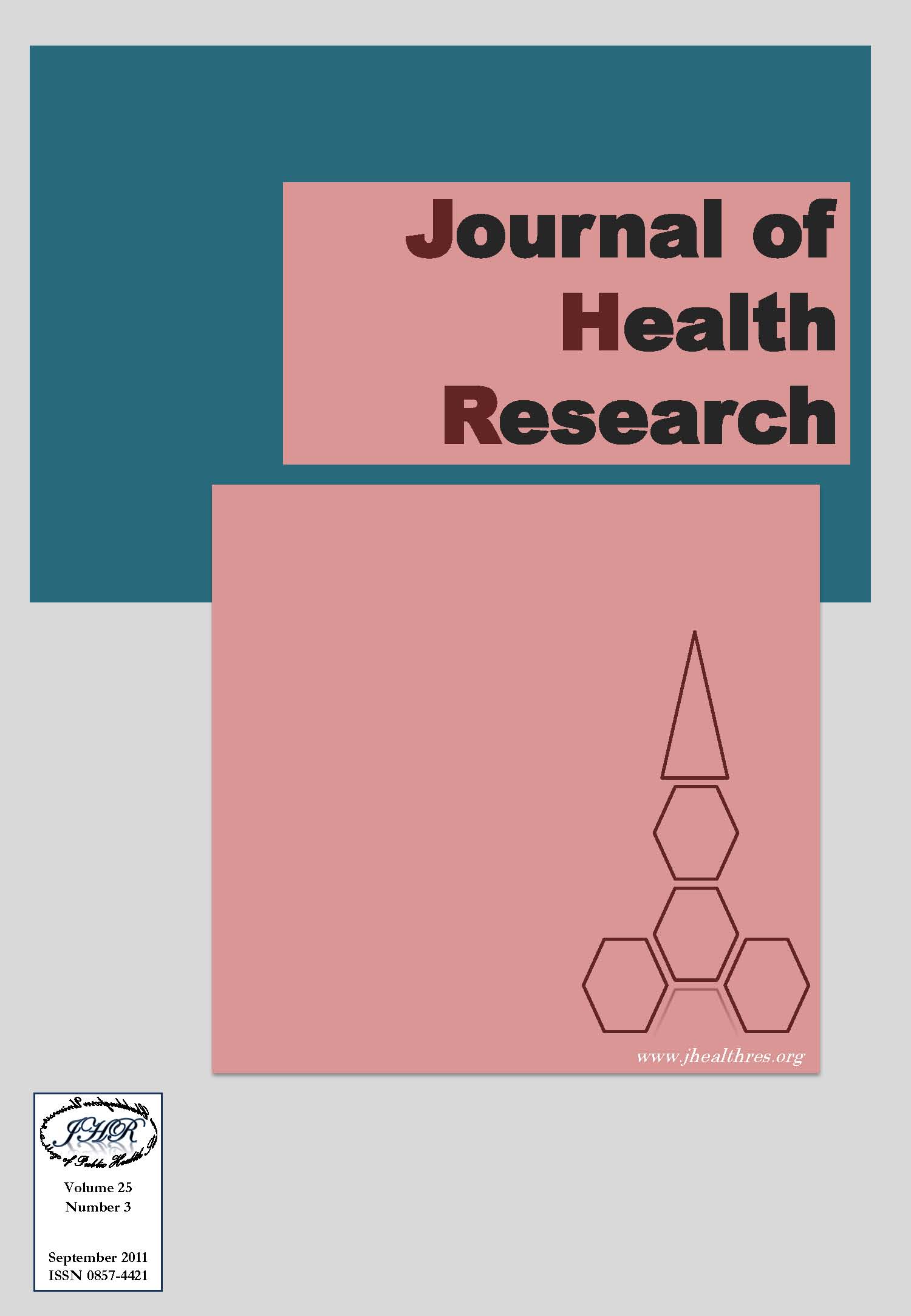Knowledge, Attitude and Preventive Measures amongst Married Women of Reproductive Age Towards Uterine Prolapse in the Eight Villages of Surkhet District of Nepal
Keywords:
uterine prolapse, knowledge, attitude, maternal health statusAbstract
This article reports a cross sectional analytical community based study carried out amongst married women of reproductive age in the mid western region of eight village development committees (VDCs) of Surkhet district of Nepal. A total of 267 participants were selected by systematic random sampling .The prevalence of uterine prolapse was found to be 24.7%. Analysis of the data using chi square revealed that total pregnancies (p-value=0.005), delivery practice (p-value=.046), age (p value=.016), and knowledge level (p value<0.01) were found to be significantly associated with the status of uterine prolapse. First stage Binary logistic regression revealed that knowledge level (p-value=0.002) and total pregnancies (p value=.049) were significant at p value 0.25. In the final stage of binary logistic regression knowledge level (p value<0.01) and total pregnancies (p-value= .031) remained significant. However, attitude level which was not significant in the bivariate analysis, after controlling for other variables was found to be significant at the final stage of multivariate analysis at p value=.049.Two focus group discussions were carried amongst women with and without uterine prolapse to find out the factors influencing preventive behavior. It was found that though women had knowledge about the risk factors of uterine prolapse they were unable to practice risk prevention due to lack of support from family members. Gender discrimination, lack of education and awareness about one’s health seems to be the root cause of it all. The result of the study can be used to address the concerned authorities and include prevention and management of uterine prolapse as a women’s reproductive health right.







